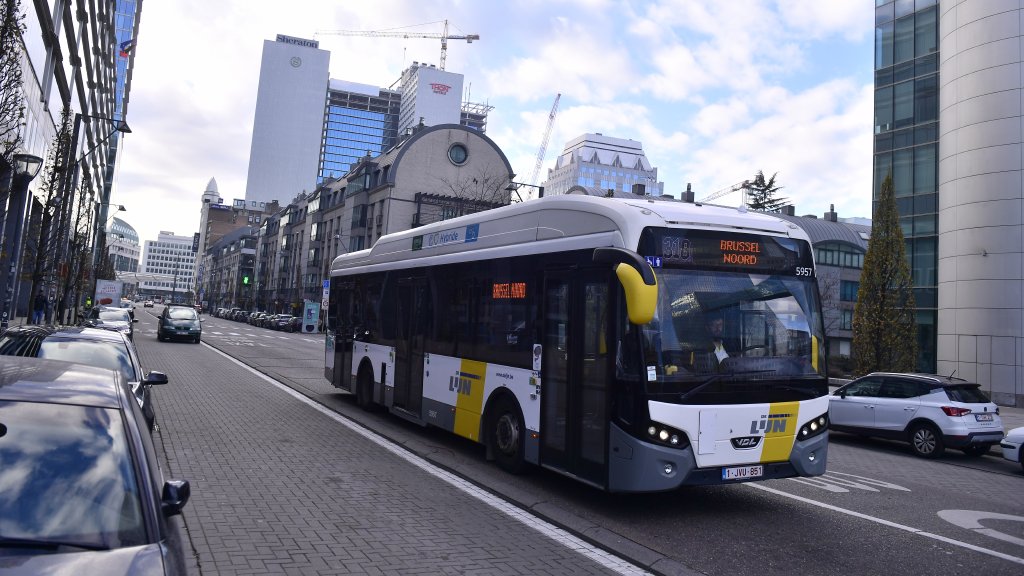Flemish transportation company De Lijn will be given an additional year to use its diesel buses in the low-emission areas of Antwerp and Ghent, De Standaard reports.
Until recently, regional authorities had planned to ban the company’s diesel buses from entering the low-emissions zones from the start of 2026. De Lijn objected, stating that this deadline was unreasonable, particularly given delays in the delivery of new electric buses. The company says that it would incur fines of up to €30 million per year as a result.
According to a press release from the Flemish Government, this deadline has now been postponed. "The exemption for De Lijn buses will be scrapped after 31 December 2026," Flemish Environment Minister Zuhal Demir (N-VA) announced.
The bus company has responded positively to the decision, which it says will allow it to prepare for the switch in 2027. The company said it was going "all out" to meet its electrification targets, but pointed again to supply chain issues.
"It is no secret that the slowdown on global markets is leading to a significant delay in the delivery of ordered e-buses, both at De Lijn, its operators, as well as in the rest of Europe," the company told De Standaard. Many of the company’s bus depots have yet to be adapted to accommodate electric vehicles.
De Lijn already pays fines for using some older buses in low emission zones across the country. Last year, it paid €5,900 in fines for using these vehicles in low-emission areas in Antwerp, Ghent, and Brussels.
Related News
- Government approves 'ambitious' SNCB overhaul plans
- Bodycams and bus bans part of action plan to tackle public transport aggression
Demir also clarified that rules for banning private vehicles for low-emission zones will also not be tightened until the end of 2026– one year later than planned.
"The postponement gives residents one more year to adapt," she explained. "The original calendar did not take into account the impact of the Covid-19 pandemic, the energy crisis, or unprecedented inflation rates."
An evaluation of air quality is planned for the end of 2026, which will serve as a guide to "determine whether the proposed path of tightening rules needs to adjusted or whether stages can be scrapped because air quality has improved."

